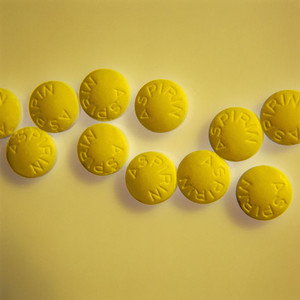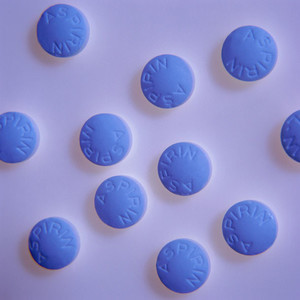India-based generics maker Ranbaxy Laboratories (Ranbaxy) announced on 6 November 2014 that the company had been informed by the US Food and Drug Administration (FDA) of the agency’s decision to revoke its approval for the company’s generic versions of AstraZeneca blockbuster acid-reflux drug Nexium (esomeprazole) and F. Hoffman-La Roche’s cytomegalovirus treatment Valycte (valganciclovir).
FDA revokes Ranbaxy’s esomeprazole and valganciclovir ANDAs
Generics/News
|
Posted 14/11/2014
 0
Post your comment
0
Post your comment

FDA said that Ranbaxy’s abbreviated new drug applications (ANDAs) for generic esomeprazole and valganciclovir did not have any data integrity issues. Despite this fact, the agency has rescinded the previously granted tentative approvals for Ranbaxy’s ANDAs for esomeprazole magnesium delayed-release capsules, 20 mg and 40 mg and for valganciclovir hydrochloride tablets, 450 mg.
The reason for this, according to FDA, is that the agency’s original decisions to grant tentative approvals were in error because of the compliance status of the facilities referenced in the ANDAs at the time the tentative approvals were granted. As a consequence, in FDA’s view, Ranbaxy has forfeited its eligibility for 180-day exclusivity for its ANDA for valganciclovir hydrochloride tablets USP, 450 mg.
Ranbaxy’s generic version of Valcyte was expected in March 2013 under a settlement agreement with Roche [1]. However, this decision now clears the way for generics of valganciclovir from Dr Reddy’s Laboratories and Endo Health Solutions to enter the US market. Both companies have already received FDA approval for their ANDAs.
The decision also benefits brand-name manufacturer AstraZeneca, who no longer expects competition from generics for Nexium in the US during 2014. The generic version from Ranbaxy was expected back in May 2014 after the generics maker made an agreement with AstraZeneca.
Ranbaxy has been struggling to resolve quality control issues at its drug manufacturing plants and only managed to launch its generic version of Novartis’ heart treatment drug, Diovan (valsartan), in July 2014, despite the fact that the patent on Diovan expired in September 2012 [2].
Ranbaxy is expected to face a combined loss of US$250 million from the loss of the six-month exclusivity periods for the two drugs. Therefore, it is not surprising that the company said it was ‘disappointed with this development and is actively evaluating all available options to preserve its rights’.
Related article
FDA issues Ranbaxy with Form 483 for violations at Toansa plant
References
1. GaBI Online - Generics and Biosimilars Initiative. Ranbaxy’s manufacturing woes benefit big pharma [www.gabionline.net]. Mol, Belgium: Pro Pharma Communications International; [cited 2014 Nov 14]. Available from: www.gabionline.net/Generics/General/Ranbaxy-s-manufacturing-woes-benefit-big-pharma
2. GaBI Online - Generics and Biosimilars Initiative. Generic valsartan approved in US [www.gabionline.net]. Mol, Belgium: Pro Pharma Communications International; [cited 2014 Nov 14]. Available from: www.gabionline.net/Generics/News/Generic-valsartan-approved-in-US
Permission granted to reproduce for personal and non-commercial use only. All other reproduction, copy or reprinting of all or part of any ‘Content’ found on this website is strictly prohibited without the prior consent of the publisher. Contact the publisher to obtain permission before redistributing.
Copyright – Unless otherwise stated all contents of this website are © 2014 Pro PharmaCommunications International. All Rights Reserved.
Source: Ranbaxy
Research
Japan’s drug shortage crisis: challenges and policy solutions
Saudi FDA drug approvals and GMP inspections: trend analysis
The best selling biotechnology drugs of 2008: the next biosimilars targets










Post your comment